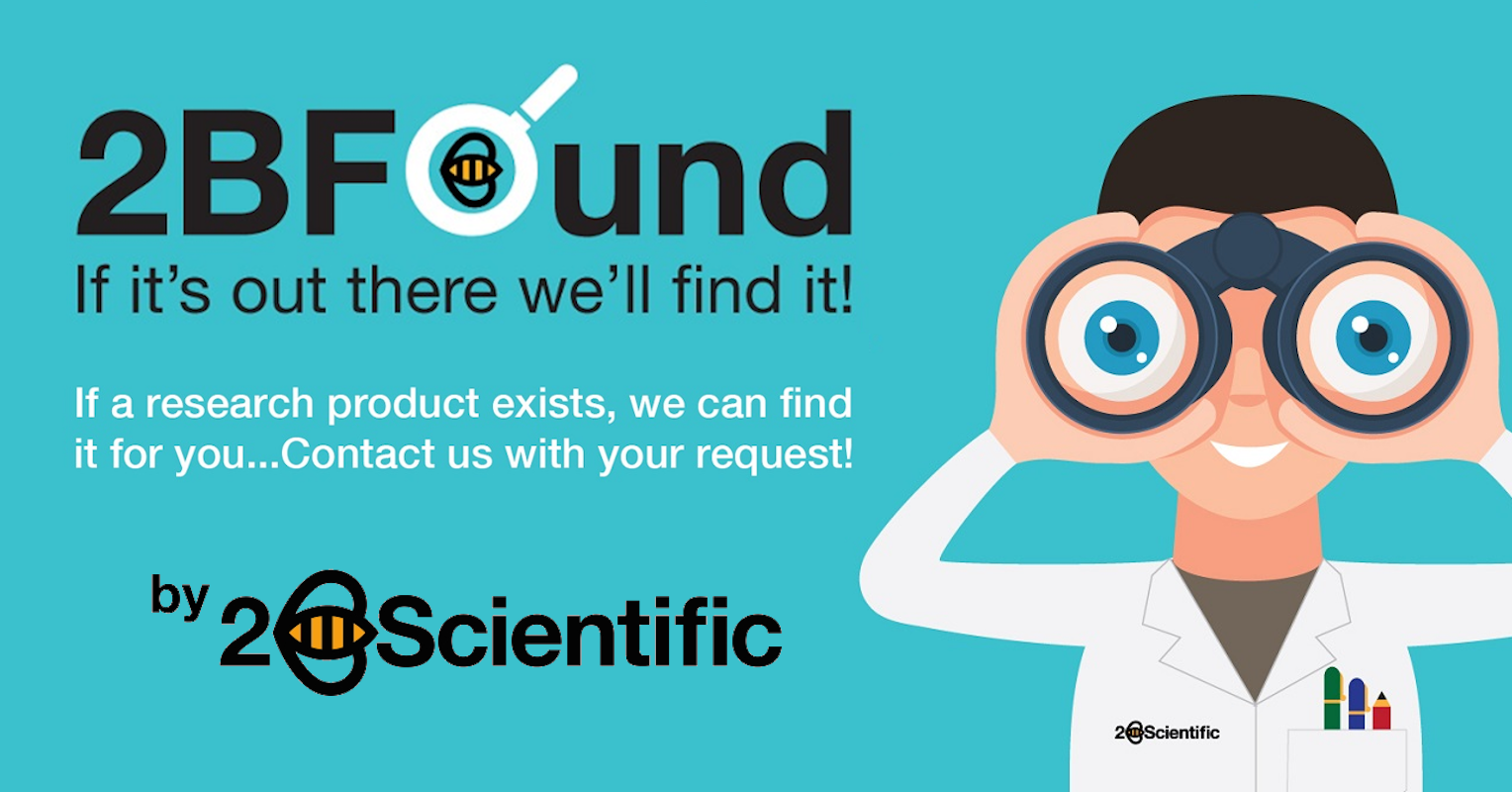InVitro Diagnostics
Here you can find all the information and products about In Vitro Diagnostics!
Clinical and Diagnostic Products
Presenting a new range of CE marked products from 2BScientific Limited

In vitro diagnostics (IVD) is the study of disease that tests to detect presence of disease, conditions, and viruses. In-vitro simply translates to “in glass” meaning that tests and research are carried out externally from the body as opposed to in vivo testing and research which are conducted within the body. In-vitro diagnostics are often utilised to analyse human blood and saliva samples where either concentration of a specific substance or marked cells are detected. These tests can be carried out by small, handheld tests designed for home use or could utilise expert machinery in a lab to detect the most problematic aspects of a sample [1].
There is a wide range of products that play a part in IVD, from ELISA (enzyme-linked immunosorbent assay) to lateral flow tests and immunohistochemical pathology kits, each of which requires a different range of equipment and conditions. Our focus areas may provide more information about relevant methodologies as well as background information surrounding the topic.
There is a range of advantages to using in-vitro techniques to monitor components of an organism, this firstly begins with simplicity. There are an incomprehensible number of complex functional systems that work alongside each other for the body to function, this is why simplifying the process via in-vitro diagnostics is essential to allow investigators to focus on a small number of components. Automation of samples for processes such as ELISA is now possible with the use of robotics, though these systems are costly, it results in an improved workflow as well as removing human error, thus resulting in the processing of more samples with a higher validity as well as being able to work relentlessly as long as there are samples [2].
Artificial intelligence (AI) is has seen significant development in recent years, and for in-vitro diagnostics, this means further developmental tools to improve accuracy and validity whilst maintaining a rapid processing speed. Software such as ImageJ (with the FIJI plugin) alongside QuPath, shown in figure 1, makes processes such as cell counting almost instant as well as providing information on the size, and ratios of organelles to each other and the cell itself. Artificial intelligence relies on the use of algorithms, step by step instructions that help a computer do the necessary calculation, this can be altered by the user resulting in more individual preferences. AI can also detect trends in the data provided, whether quantitative or image-based, meaning that researchers can act accordingly with the knowledge that cells would act in a certain manner [3].

2BScientific Limited is passionate about ensuring that customers get the precise, required product and have a friendly and knowledgeable team ready to answer any technical queries. We have a wide range of recombinant antibodies, antibodies and antigens.
2BScientific has partnered with Immunology Consultants Laboratory, Medix Biochemica Group and Rockland Inc to provide customers a wide range of in-vitro diagnostic products. These suppliers are consistently and reliably providing a range of in-vitro diagnostic related products.




